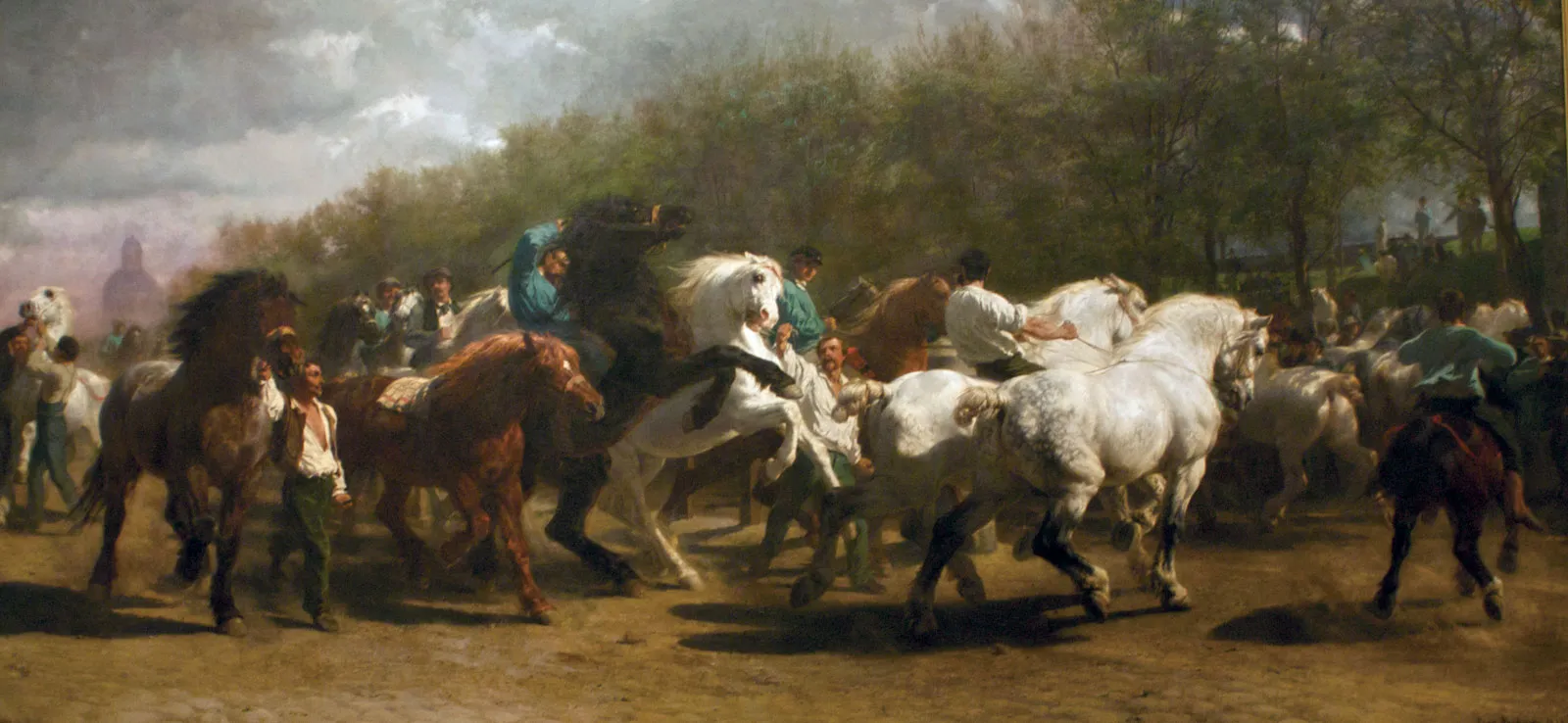Before diving into the details surrounding the extraordinary painter, Rosa Bonheur, it is important to note the perspective I am taking as a writer. This web platform is a space for both objective news and subjective content. I believe that good arts journalism contains both aspects. I want to entertain and inform a diverse audience with global topics. Over the past couple of years, the mission for the platform has changed in order to meet this objective.
When I combined two websites in order to form this one, I was putting my two separate audiences together. My first audience were artists who wanted to share their creations and the other were creatives interested in news. Initially, I wanted to create new content that focused on the arts from an industry perspective and how it links to the global economy. After months of trying to reach this goal, I fell a bit short. Either I wasn’t doing a good enough job of incorporating the concept or readers simply weren’t interested.
Next, I thought it would be a good idea to make the new website international. I’ve tried to incorporate this during different times between 2020 and 2022. I feel like now is a great time to bring it back. The writers are in a good space and the web analytics indicate there is an interest in our content in many places from around the world. We’ll keep this focus for a while and measure how our audience responds.
Rosa Bonheur was a French painter who was a pioneer in the 19th century. Over two centuries later, several major exhibitions have been held in France in order to celebrate her legacy. The most recent event is being held at the Musée d’Orsay.
During her lifetime and after death, Bonheur’s art was popular in the United States. Her portrayal of animals, fascination with rural landscapes and creative independence made her works so memorable.
As an internationally renowned artist, Bonheur lived and worked in the Chateau de By, which is close to the forest of Fontainebleau.


